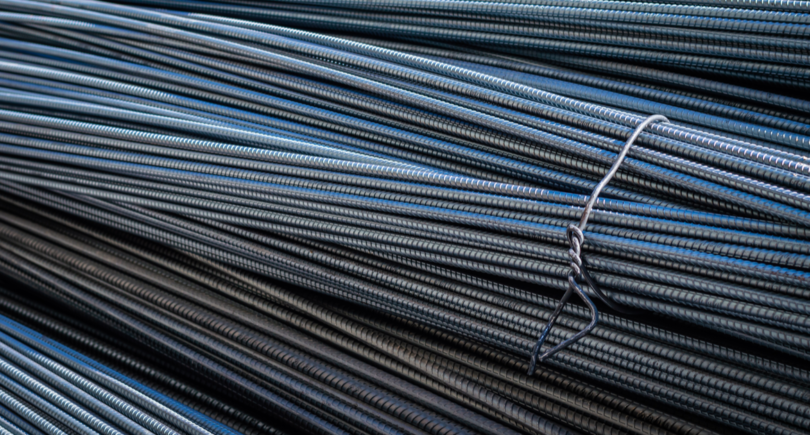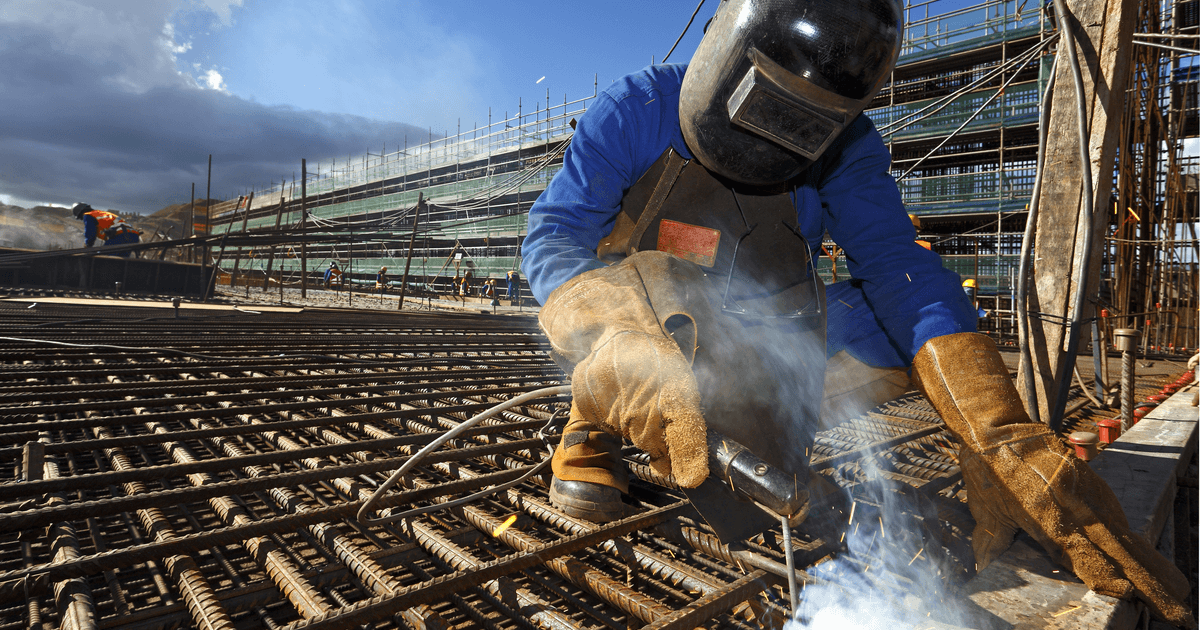
News Global Market China 3523 08 August 2024
Aggressive Chinese exports are affecting global steel exports
The prospects for China’s steel sector are not improving as the long-term real estate downturn has destroyed the largest source of demand for the country’s steel industry. Bloomberg reports.
Steel prices are falling and profits in the industry are declining. At the same time, the government is focused on reconfiguring the Chinese economy for the long term and does not offer any relief to the sector. Beijing has offered neither a radical solution to the real estate problems nor a boom in infrastructure spending that could keep steel consumption at acceptable levels. Despite the government’s assurances of increased consumer spending and the development of high-tech industries, demand for steel in the country will decline this year.
The situation on the Chinese steel market has global implications, as iron ore prices are weakening and the country is increasing steel exports, exacerbating global trade disputes.
According to Kallanish, demand for steel in construction in China will decline by 10% this year. This will reduce the sector’s share of total consumption to about a quarter, which will be very low by the standards of the last two decades. Other industries are still showing growth, such as household appliances and shipbuilding, but they are not large enough to compensate for the drop in real estate demand. Overall, Kallanish predicts a 1% drop in overall domestic demand in China in 2024.
The slowdown in demand has triggered a drop in steel prices in China in recent months. Rebar is the cheapest since 2017, while hot-rolled coils have reached their lowest level in four years. Many producers with higher costs are losing money on every ton produced.
In addition, other factors also affect prices. For example, the introduction of new quality standards for rebar (to come into effect in September) threatens to complicate the transportation of existing stocks, and has already provoked a panic in sales.
Global steel players, such as ArcelorMittal, have pointed out that exports from China are causing problems for the global steel industry, and governments are sharing this concern.
The slowdown in China’s steel production has weighed on iron ore prices this year and on the profits of mining giants such as BHP and Rio Tinto.
The country’s port stocks of raw materials, which usually decline by the middle of the year, grew monthly in 2024 and reached more than 150 million tons as of August 1. This will weigh on iron ore prices, especially amid growing pressure to further cut production at steel mills, particularly from the government, which is seeking to limit emissions.
According to Vicky Wei, chief ferrous metals analyst at Horizon Insights, some producers have recently cut production sharply, which helps balance supply and demand. However, she believes that it is difficult to expect consumption to be supported unless there are new stimulus measures.
As GMK Center reported earlier, the growth in Chinese exports is driving down global steel prices, and overproduction in the country continues. China’s growing production capacity threatens emerging economies.




